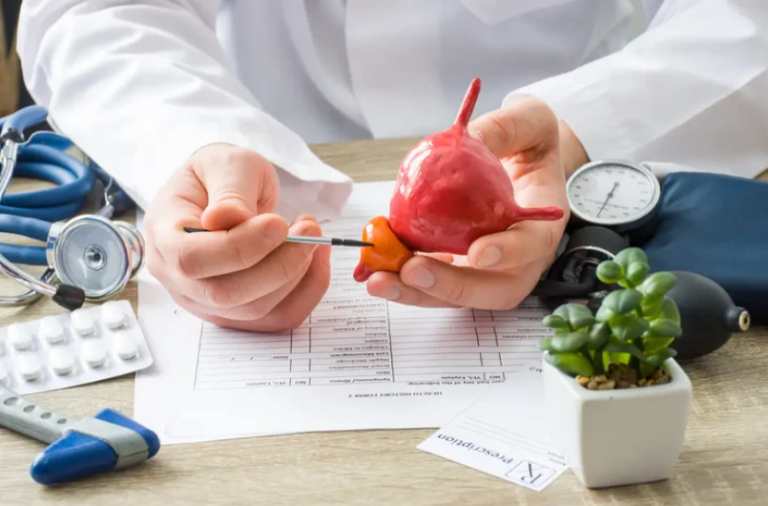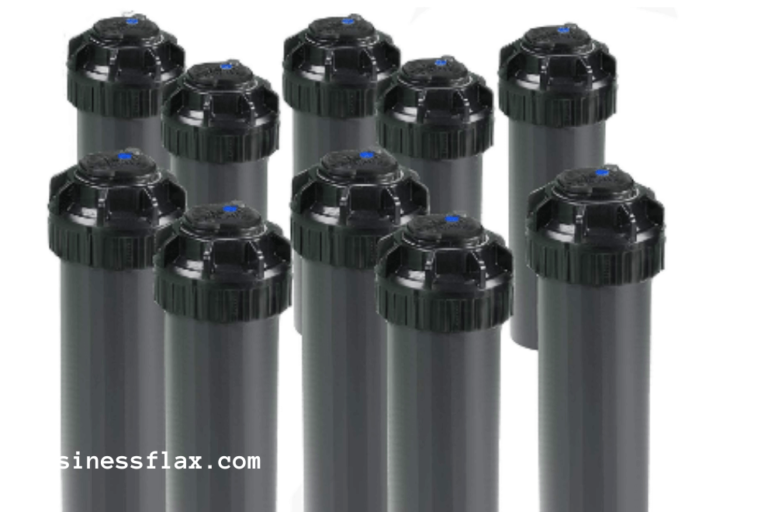Body Donation to Science: A Modern, Altruistic Choice in Harmony with Religious Beliefs and Traditions

Although everyone experiences death, there are significant cultural and religious differences in how we see it. For the grieving family, customs like burials and cremations provide comfort and closure. But now, there’s another option: donating one’s body to research. This brings up an interesting question: Is bodily donation a more fundamentally religious act than following customs?
The Religious Belief Tapestry:
Most major religions don’t specifically prohibit body donation. Quite a few actually think donating your body to science will be a good deed. Christianity has a strong emphasis on neighborly kindness, which is embodied in body donation, which advances medical science while also assisting others. Islam promotes charitable deeds, and body donation fits neatly within that category. In a similar vein, the altruistic act of donation and Hinduism’s concept of “dana” (giving) mesh incredibly well.
Some religious organizations, however, have reservations. According to some Jewish sects, a full resurrection requires the body to stay intact. Certain Christian faiths may be concerned about the number of surgeries done on the human body. It’s critical to investigate the position taken by your particular faith and make sure your choice is consistent with your values.
Beyond Traditions: The Altruistic Choice
Customary funerals and cremations are deeply embedded customs that provide solace to cherished ones. Donating a corpse, however, transcends mourning. It’s a significant deed of kindness and a gift to the coming generations. Donated bodies are used as vital resources for illness research, medical education, and the creation of life-saving techniques.
Imagine a young medical student studying anatomy on a donated body in order to acquire the skills and knowledge necessary to perform a life-saving transplant in the future. Or a scientist trying to figure out the causes of a crippling disease with the help of donated tissue. The growth of medical knowledge is greatly aided by body donation, which will ultimately result in a better future for all.
Harmonizing Belief and Behavior
The value of assisting others is emphasized in many religious traditions. One lovely way this idea is put into practice is through body donation. It enables people to carry their compassion into the hereafter and leave a lasting legacy of helping others. This unselfish deed might be viewed as a potent example of putting one’s principles into practice and a testament to one’s faith.
Finding Harmony: Honoring Traditions While Accepting Advancement
Traditional customs and body donation don’t have to be mutually exclusive. One can choose to contribute to science and preserve family customs at the same time. Prior conversations with close ones can guarantee that everyone’s desires are honored. Many medical schools honor the significant gift they have received by holding respectful memorial services for donated remains.
Alleviating Financial and Emotional Burdens through Body Donation to Science
Funeral costs are increasing annually, which can occasionally put an excessive financial and emotional strain on families. Donating a body to science is an affordable way to avoid hefty cremation (or funeral) costs, simplify the procedure for family members, and advance medical research or education. The institution that receives post-death corpse contributions for scientific purposes also offers cremation, transportation, and free death certificate filing to the county vital records system for donors and their families.
Donating Hope: A More Meaningful Farewell
A funeral home serves the sole purpose of tending to the dying; it makes no effort to provide hope for future generations by means of medical or educational achievements. When you choose to become a donor, organizations that accept body contributions for scientific purposes support you every step of the journey. Through the Donor Program, you can register in advance. You can lessen the financial burden your family will have after you pass away by donating your full body. You also bestow upon future generations the gift of “HOPE.”
Making Donation Easy: A Streamlined Process with Respect
In order to demonstrate dedication and appreciation for the gift that donors provide, patients who are accepted into our donor program will remain accepted regardless of any changes in their health. But be aware of the restrictions—some things can make a donor ineligible for acceptance. Organizations always strive to make the procedure easy for loved ones and offer donors and their families peace of mind during these trying times.
With the donor program, you can count on courteous and knowledgeable staff who are always available to help you and your family. Additionally, the company always respects the confidentiality and privacy of its patients and upholds the greatest standards of professionalism when it comes to donor information.
Everyone is entitled to donate their entire body, their life, and their choice of how to change the world.
The Final Chapter: A Legacy of Compassion
What happens to your body after death is ultimately a decision that only you can make. Personal values, cultural customs, and religious views all come into play. However, when one considers the wide-ranging effects of the practice, body donation could be a truly religious act. This is your one chance to make a lasting impact on society and leave a compassionate legacy for future generations.
Read Also: Car Detailing Mistakes






